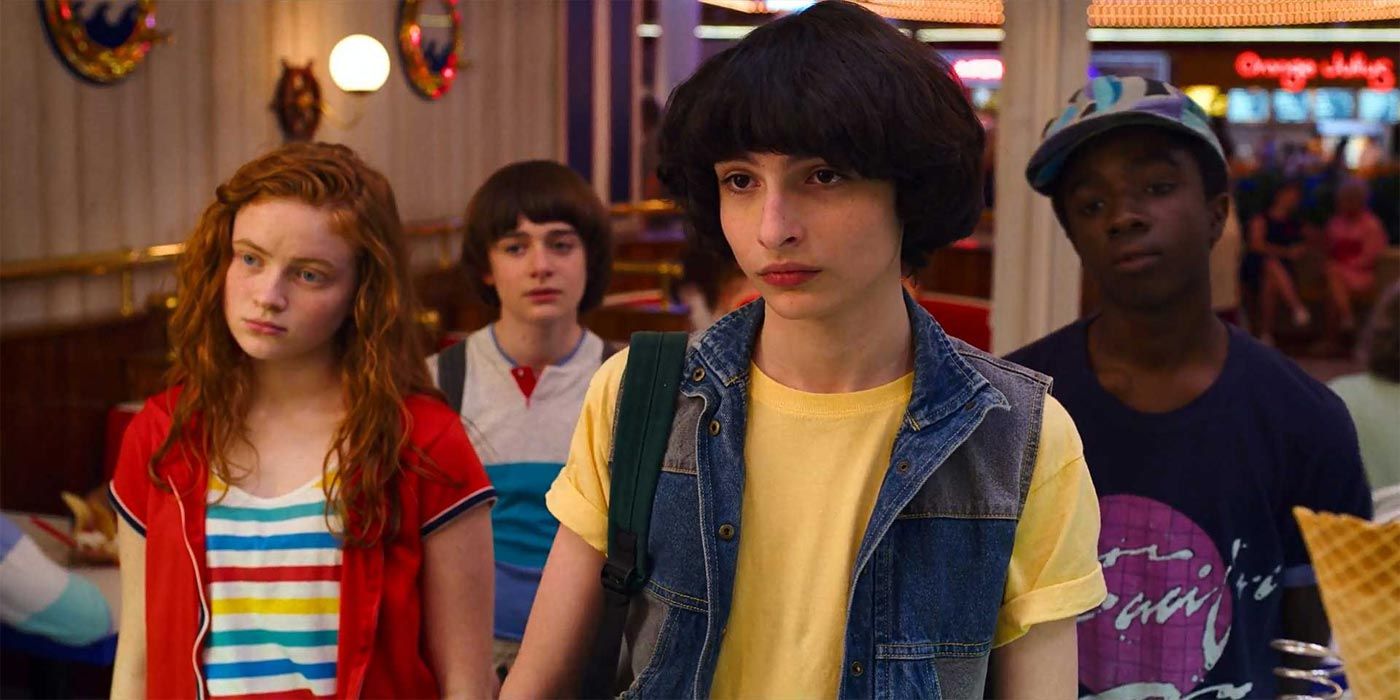Coronavirus (COVID-19) outbreak has caused many studios to push back release dates for major films, including No Time To Die, Mulan and, most recently, Black Widow. Additionally, almost all of the films and shows that were in production have been suspended. And if that weren't enough, many movie theaters have closed for the time being.
This is different from other times there was an industry-wide delay because this time no one has any power to end it. The earliest we can expect things to start transitioning back to normal is mid-May. That’s a long time for an entire industry to go on hiatus, and it will surely leave a lasting impact for years to come.
The big news that has most moviegoers talking is the aforementioned pushed-back release dates. All the postponed films were expected to haul in over $5 billion combined at the box office. Until those big titles make their money back, they’ll be top priority for their respective studios. This will likely push back the releases of smaller films so as to avoid the competition. Instead of rescheduling theatrical releases, some studios may just release some of their films to video-on-demand. In fact, Universal already announced it put The Hunt and The Invisible Man on VOD mere weeks after they hit theaters, with Trolls World Tour joining those two films on the same day as its theatrical release.
This move could potentially end movie theaters as we know them.Theaters were already struggling since streaming services started producing their own originals several years ago. If studios decide to release more titles on VOD at the same time as, or shortly after, a film's theatrical release, theaters will lose additional business.
The films and shows that have halted productions will be a bit different. Based on what we saw with the 2008 writers’ strike, decisions about each project will be made on a case-by-case basis. Depending how far into production they are, some programs will be delayed while others will run shortened seasons or cut them entirely. Industry insiders have predicted that a majority of postponed shows won't resume production, but certain big shows will return to film their season finales. For example, a Supernatural producer has already reassured fans that the show will wrap up its fifteenth and final season properly as soon as it's safe for production to resume.
This also means networks may not announce what shows were cancelled, renewed or picked up until later than usual because information will constantly be changing. Plus, these changes will likely affect which shows get renewed and canceled.
The films that will be most impacted are smaller ones that don’t have a built-in audience. Although many big and mid-budget films will be rescheduled, low-budget and independent flicks are unlikely to be moved because that would require more money for something that was intended to be a low investment. And if those low-budget and indie films don’t make money, studios and producers are less likely to invest in them in the future.
Additionally, the rescheduling will likely stop development of future original and non-franchise films. Studios already put a lot of money into the films that were supposed to come out within the next couple of months. Another release date means even more money as it requires a new round of advertising, which includes trailers, billboards and press junkets. The more money those cost, the less studios have to take risks on other projects.
It's possible many films (and shows) currently in development will be dropped completely. Some lower-budget films that were already in production and had to stop may never be completed. A production company could run out of money or lack the budget to cover reshoots.
Independent films and unknown or rising filmmakers will be hit particularly hard. Festivals are where independent films and filmmakers generally receive distribution deals. However, so far, two of North America’s biggest film festivals, South by Southwest and Tribeca, have canceled and postponed, respectively.
SXSW is doing what it can to boost all the films that were supposed to be shown by making plans to stream them to jury members so awards can still be handed out. While this is certainly commendable, it can’t replace the experience of audiences watching the films in theaters or the social events where filmmakers network face-to-face. The shuttering of the festival will lead to filmmakers losing what would’ve been their stepping stone to greater things.
Between the canceled festivals and dropped projects, the coronavirus pandemic will cause a lot of filmmakers to miss out on big opportunities they worked hard for. A lot of smaller production companies may close down permanently due to the money they won’t earn back on those festival films. Plus, in the future, many investors may not back other small films after losing money on the one they took a chance on.
This is all in addition to the fact the majority of people working in the film and TV industry will be without jobs for the foreseeable future. Like many other industries, film and TV is only possible because of the hard-working people behind the scenes who need to pay bills and provide for their families. Everyone working in the industry relies on networking to find their next job. Being off sets and in isolation make that impossible, hindering future prospects. Many will go into debt as they struggle to make rent. If the epidemic continues into May and June, a lot of film students will graduate with no job prospects, compounding the problem further. This, along with a number of other factors, could result in many of them quitting the industry.
It's uncertain when everything will pick up again. While a lot of people will likely find new jobs, some may decide they're better off in a different profession. Yet, even when hiring picks up again, a lot of people will struggle financially after months with no work. It could take a while for everyone to get back on their feet, and many people could be dissuaded from entering the industry when so many of their would-be colleagues are struggling.
These are unprecedented times for everyone and the entertainment industry can’t compare it to anything else. This pandemic will have lasting effects on all industries and no one can be certain what it will entail. Although things will certainly get better at some point, this event is going to have an impact on film and TV for years to come.




